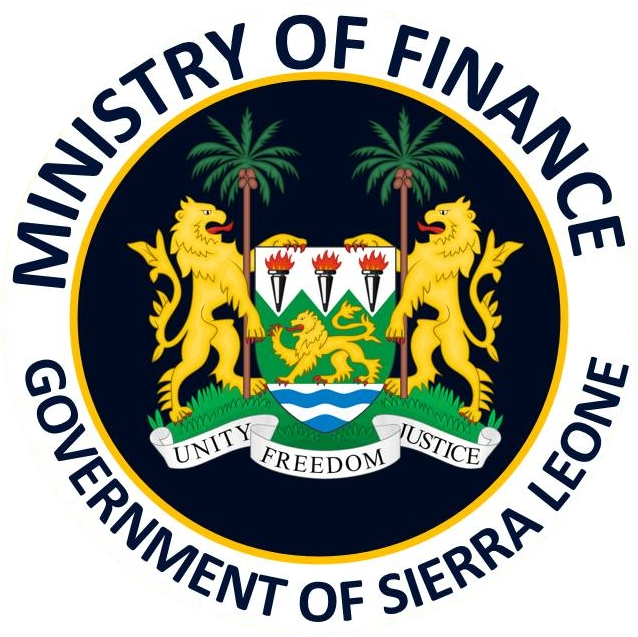Skills Development programs for youth in Sierra Leone
- Nov 19, 2021
- 2 min read

The Sierra Leone Skills Development Project (SLSDP) has been developed to take into consideration the interest of the GoSL, particularly the formal and non-formal TVET institutions on one hand and the private sector businesses on the other hand, to support the TVET sector offer demand-led trainings aligned with the domestic labor market demand for skills.
The project has two components:
Component 1: Skills Development Fund (SDF)
Component 2: Capacity building and system strengthening
The SDF is an innovative challenge fund that supports demand-led training and skills development geared towards addressing key challenges in the labor market with regards to stimulating job creation and growth of the economy. These challenges include (a) the dire need for adequately qualified labor force required by the productive sectors and (b) the high unemployment rate amongst the youth (particularly the disadvantaged groups), who in most cases do not possess employable skills. The SDF supports skills development for the formal and non-formal sectors of the economy. It provides a platform to be shared between private enterprises (employers), training providers (formal and non-formal TVET providers), and school leavers (job seekers) for supporting demand-led skills development.

Component 2 aims at building a foundation for a demand-led skills development system through:
Establishment of an integrated skills information system to support evidence-based analysis and policy development; and
Piloting the accreditation of skills training programs with the participation of industries.
The beneficiaries of the project include young job seekers, employees and employers of informal and formal businesses in productive sectors, industry associations, students and staff of public and private TVET providers, and relevant Government agencies engaged in skills development.
The project target is to benefit 8,000 (eight thousand) individuals that would have successfully completed market relevant demand-led skills training programs by the end of the project in 2024. This includes 5,000 disaggregated by gender individuals that would have completed skills training programs provided by Window 1 participating TVET institutions; and 3,000 (three thousand) individuals disaggregated by gender that will be trained and employed by companies/businesses and/or are self-employed.
Currently, the Ministry of Technical and Higher Education, has approved grant totaling approximately US$ 12 million to 63 grantees in all districts save Falaba. The table below shows the district and regional spread of grantees and beneficiaries.
However, the sixty-three (63) grantees have targeted over seventeen thousand (17,000) beneficiaries. Table 1 shows the detailed district distribution

Credit: SDF Communications Unit


Comments